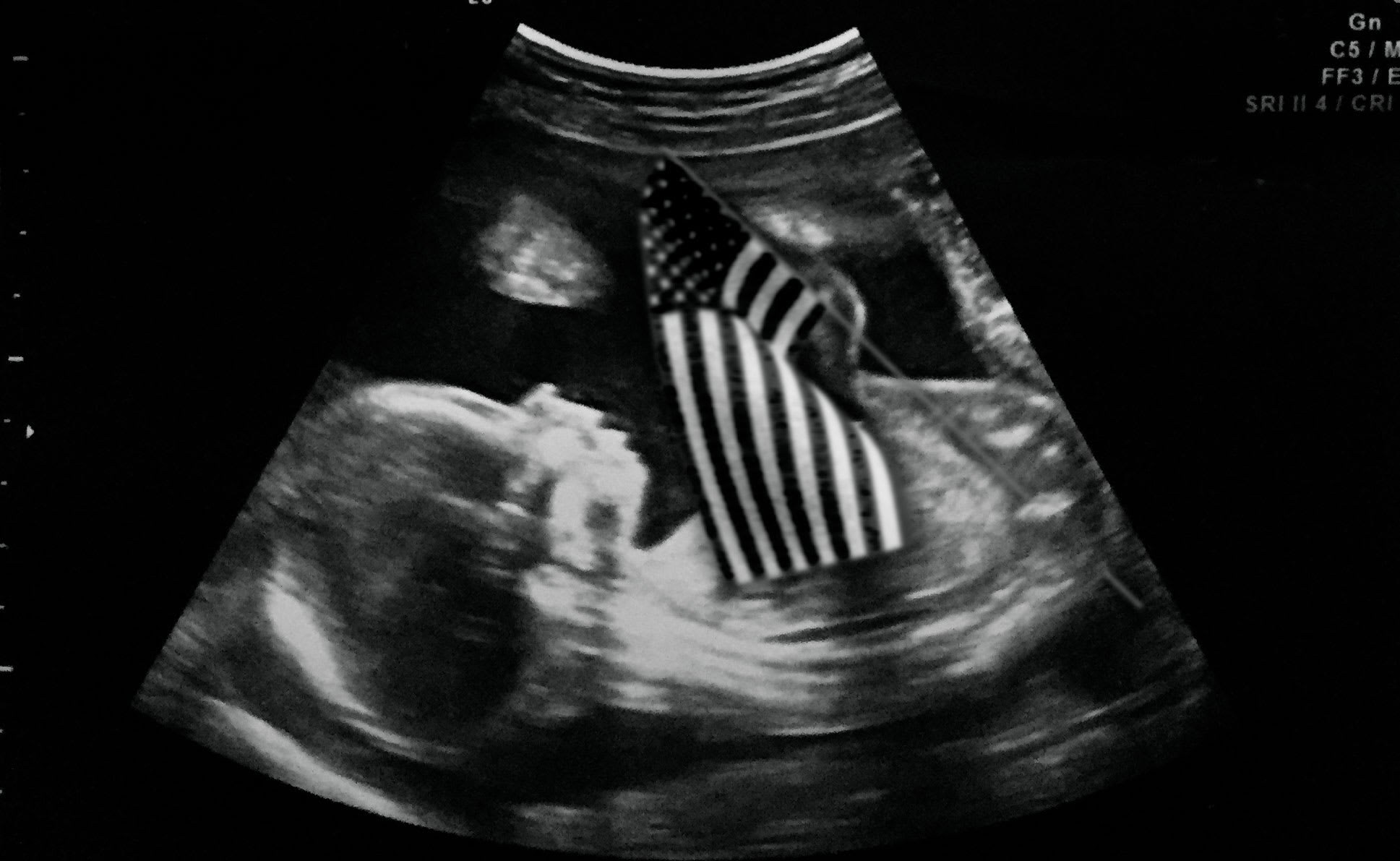Utah will require biological fathers to pay 50% of pregnancy costs
A recently passed bill in Utah will require biological fathers in the state to pay for half of the out-of-pocket costs of pregnancy.
The bill, sponsored by Republican state Representative Brady Brammer was signed by Governor Spencer Cox after receiving widespread support from lawmakers in the state. The bill now requires fathers to pay 50% of a mother's insurance premiums while she is pregnant and pregnancy-related medical costs, including the hospital birth of the child, that are not paid by another person.
According to the legislation, if paternity is disputed, the father of the child owes no money until paternity is established.
The bill also states that if a mother receives an abortion without the biological father's consent, the biological father owes no money, unless the abortion is necessary to avert the death of the mother or if the mother was pregnant as a result of rape or incest.
Utah appears to be the only state to mandate pre-birth support, according to Brammer and the state's Planned Parenthood association, the Associated Press reports. However, some states, like Wisconsin and New York, do have provisions that can result in fathers paying for pre-birth expenses.
Some critics feel the bill won't help vulnerable women and can make abusive situations worse for pregnant women, as domestic abuse tends to escalate during pregnancy, the AP reports.
About 324,000 pregnant women are abused each year in the United States, according to data from the American College of Obstetricians and Gynecologists.
Seeking pre-pregnancy costs could further increase stressors about financially supporting a baby and lead to more abuse, said Gabriella Archuleta, a public policy analyst with YWCA Utah, according to CBS News.
Archuleta also said the measure will likely only serve wealthier women or those who have wealthy partners, because it doesn't take into account the high cost of pursing legal action for pre-birth support.
Some Democratic lawmakers and women's rights activists have also questioned if this measure will actually meet women's needs.
Brammer said he presented the bill out of frustration with anti-abortion measures in the state's legislature, saying he wanted to pursue legislation that would make it easier to bring a child into the world, the AP reports.
"We want to help people and actually be pro-life in how we do it as opposed to anti-abortion," Brammer said. "One of the ways to help with that was to help the burden of pregnancy be decreased."
Katrina Barker, a Planned Parenthood spokeswoman, said she supports giving women more financial support, but that other measures – such as expanding Medicaid and access to contraception – would better achieve that. She also said she doesn't believe the bill will reduce abortion rates, as the cost is much less compared with raising a child. "In the grand scheme of things, having a child and raising them to adulthood is going to be a lot more money," Barker said.
Anti-abortion activists, however, have praised the bill. Merrilee Boyack, chairman of the Abortion-Free Utah coalition, said she hopes it will result in a decrease in abortions, the AP reports. "Anything we can do to support women in these circumstances will help them be able to give birth to their babies, feel good about that choice and feel supported along the way," Boyack said.
Liesa Stockdale, director of the state's Office of Recovery Services, which usually collects child support in Utah, said she is unsure how often this new measure will actually be used. "That's yet to be seen how often parents will choose to pursue these costs. But certainly if they do, we're here to collect," she said.



